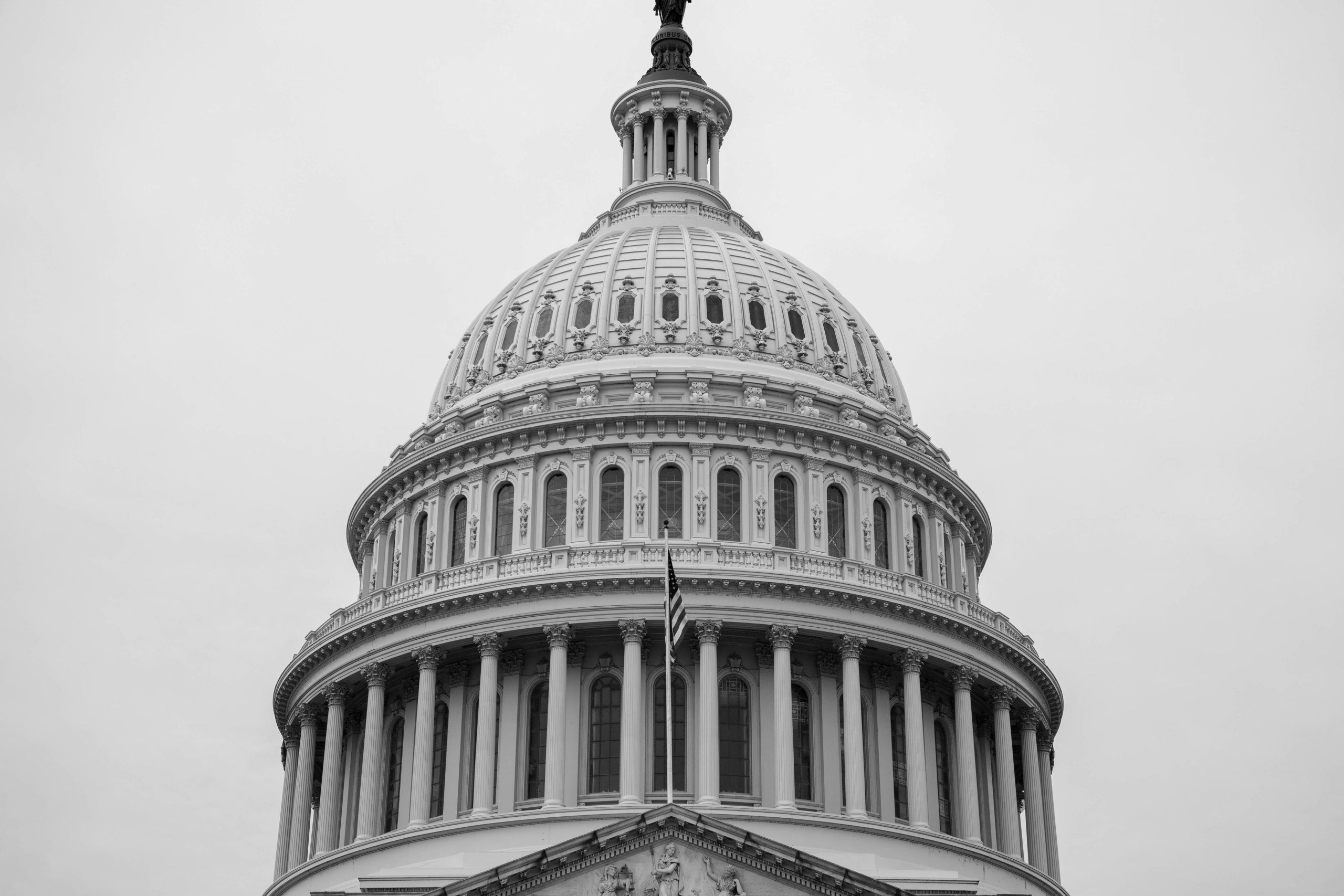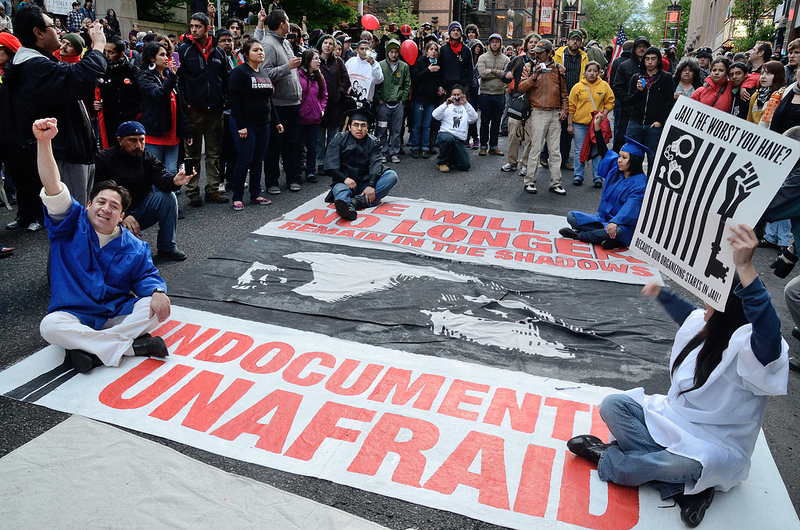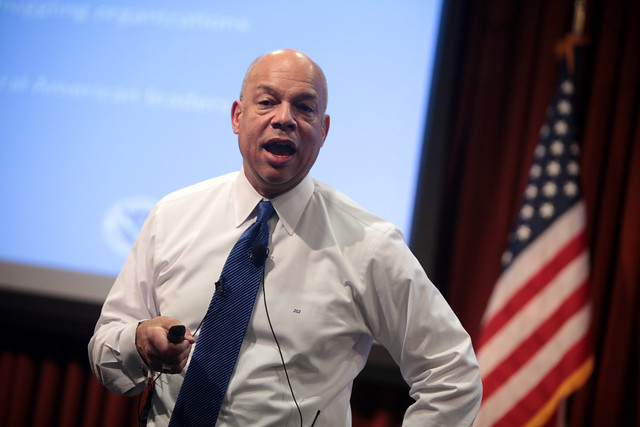 In the last few days, the immigration world has been reeling from the results of the Presidential election. People across the nation are preparing for an incoming Trump administration that promises to be extremely tough on immigration.
In the last few days, the immigration world has been reeling from the results of the Presidential election. People across the nation are preparing for an incoming Trump administration that promises to be extremely tough on immigration.
While the future of many hangs in the balance, the federal courts have started taking action to undo the immigration policies of the Biden administration.
Just two days after Americans cast their ballots and elected Donald Trump to become the next President of the United States, federal Judge J. Campbell Barker of the Eastern District Court of Texas issued a court order in the case Texas et. al. vs. DHS et. al., Case No. 6:24-cv-00306 (E.D. Tex.), ending President Biden’s Keeping Families Together parole program.
In a short one-page ruling, the judge declared that the Biden administration lacked the authority to grant parole in place to undocumented aliens, and therefore set aside and vacated Biden’s Keeping Families Together program.
In doing so, judge Barker delivered the first major blow to Biden’s immigration friendly policies. This decision stops the government from accepting applications for parole in place under the program, which would have allowed undocumented spouses and stepchildren of U.S. Citizens to remain together during the immigration process.
 Visa Lawyer Blog
Visa Lawyer Blog












